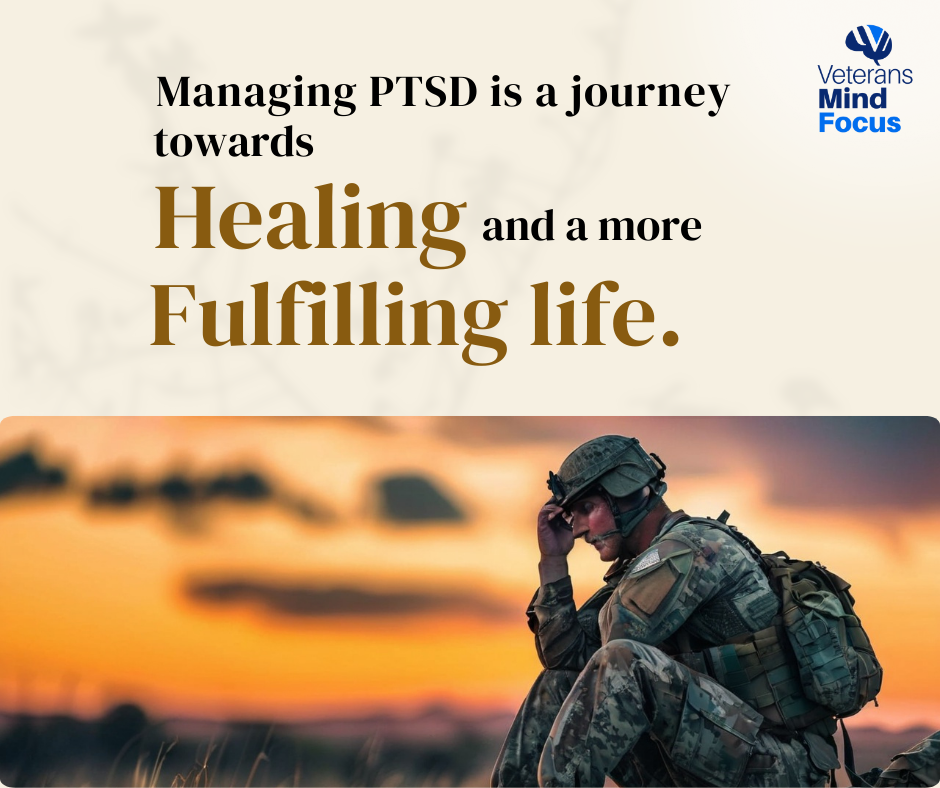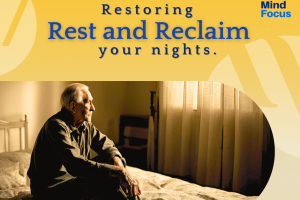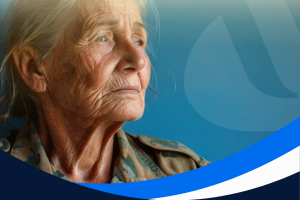
PTSD in Veterans (Post-Traumatic Stress Disorder)
PTSD in veterans is a significant challenge for many veterans, often arising from experiences during service that leave lasting psychological scars.
What is PTSD in veterans?
PTSD in veterans is a mental health condition triggered by experiencing or witnessing traumatic events. For veterans, these can include combat experiences, military sexual trauma, or other intense situations encountered during service. The disorder can manifest in various ways, including flashbacks, nightmares, severe anxiety, and emotional numbness. Understanding PTSD and finding effective ways to manage it can be a crucial step towards healing and reclaiming a fulfilling life.
Common symptoms of PTSD in veterans:
1. Intrusive memories: Recurrent, unwanted memories or flashbacks of the traumatic event.
2. Avoidance: Avoiding individuals, locations, or activities that trigger memories of the trauma.
3. Negative mood changes: Persistent negative emotions such as hopelessness, guilt, or emotional numbness.
4. Hyperarousal: Increased irritability, difficulty sleeping, heightened startle response, and difficulty concentrating.
Effective Strategies for Managing PTSD in Veterans:
1. Seek professional help: Therapists with experience in trauma can offer various treatment options, including:
a) Cognitive behavioural therapy (CBT): Helps address negative thought patterns and behaviours related to trauma.
b) Exposure therapy: Gradual exposure to trauma-related thoughts and situations in a controlled manner to reduce their power.
c) Eye Movement Desensitization and Reprocessing (EMDR): Focuses on processing and integrating traumatic memories.
2. Build a Support Network:Connecting with others who understand your experiences can offer valuable support. Consider the following:
a) Peer support groups: Sharing experiences with fellow veterans can foster a sense of community and mutual understanding.
b) Family and friends: Engaging in open conversations with loved ones can help them understand your struggles and provide emotional support.
3. Practice Self-Care: Incorporate practices into your daily routine that promote physical and emotional well-being:
a) Exercise regularly: Physical activity can help reduce stress, improve mood, and increase overall health.
b) Healthy eating: A balanced diet can positively affect your mood and energy levels.
c) Sleep hygiene: Establish a regular sleep routine and create a restful environment to improve the quality of sleep.
4. Learn and Practice Relaxation Techniques: Relaxation techniques can help manage stress and anxiety.
Mindfulness and meditation: Techniques that focus on being present at the moment can reduce anxiety and improve emotional regulation.
Deep breathing exercises: Practising deep, slow breathing can help calm the nervous system and manage stress.
5. Set Realistic Goals: Setting small, achievable goals can help build a sense of accomplishment and control.
Focus on incremental steps rather than overwhelming tasks to make progress more manageable.
Accessing Resources and Support:
There are numerous resources available to support veterans with PTSD:
a) Non-profit organizations: Many organizations provide free or low-cost services specifically for veterans.
b) Hotlines and online support: Crisis hotlines and online communities offer immediate support and connection.
Veteran Mind Focus is Here for You:
Managing PTSD in veterans is a journey that requires patience, support, and a willingness to seek help.
At Veteran Mind Focus, we recognize the distinct challenges veterans face and provide personalized support to assist you through this process. Whether you’re looking for professional guidance or a supportive community, we’re here to assist you every step of the way.
Your journey towards healing and a more fulfilling life starts with taking the first step.



